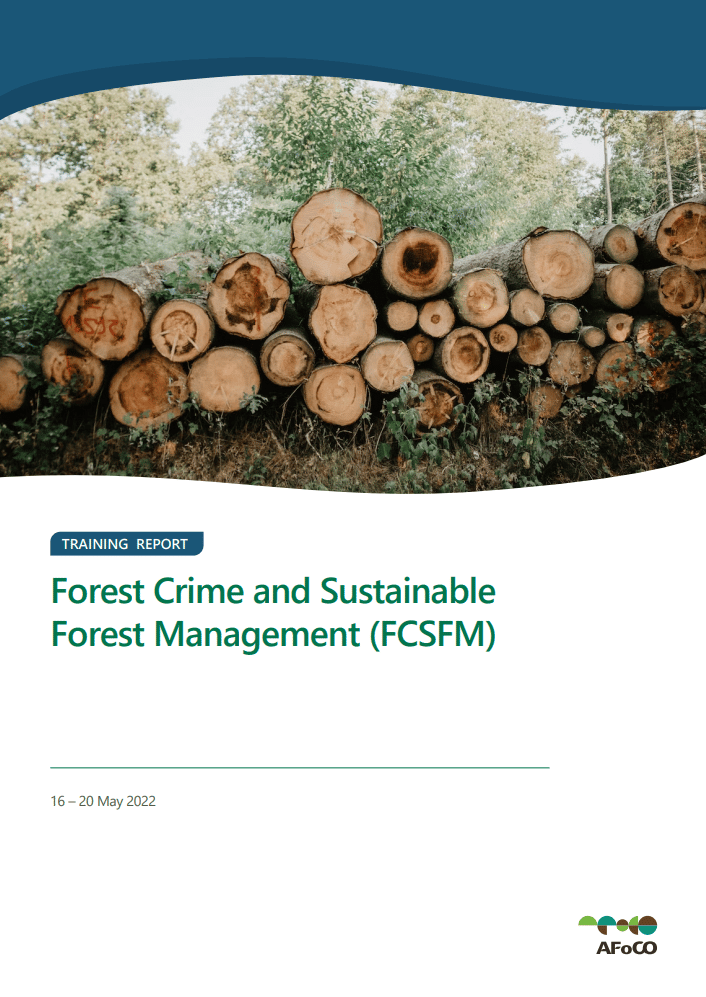Forest crime can be broadly defined as the “illegal exploitation of wild flora.” According to the United Nations Office on Drugs and Crime (UNODC), forest crime refers to a range of processes of “taking, trading (i.e., supplying, selling or trafficking), importing, exporting, processing, possessing, obtaining and consumption of wild flora, including timber and other forest products, in contravention of national or international law.” The seriousness of forest crime has drawn cross-sectoral attention and governance from national authorities and international organizations—it is not simply a conservation issue that affects forests and the forestry sector. Over the last several decades, several Asian countries have lost substantial parts of their forests due to illegal logging. Illegal
The virtual workshop on “Forest Crime and Sustainable Forest Management” organized in May 2022 aimed to provide a broader understanding of the impact of forest crime on forests and global and regional efforts in maintaining the world’s forests. This publication consolidates the inputs from participants and the outputs of each session.


